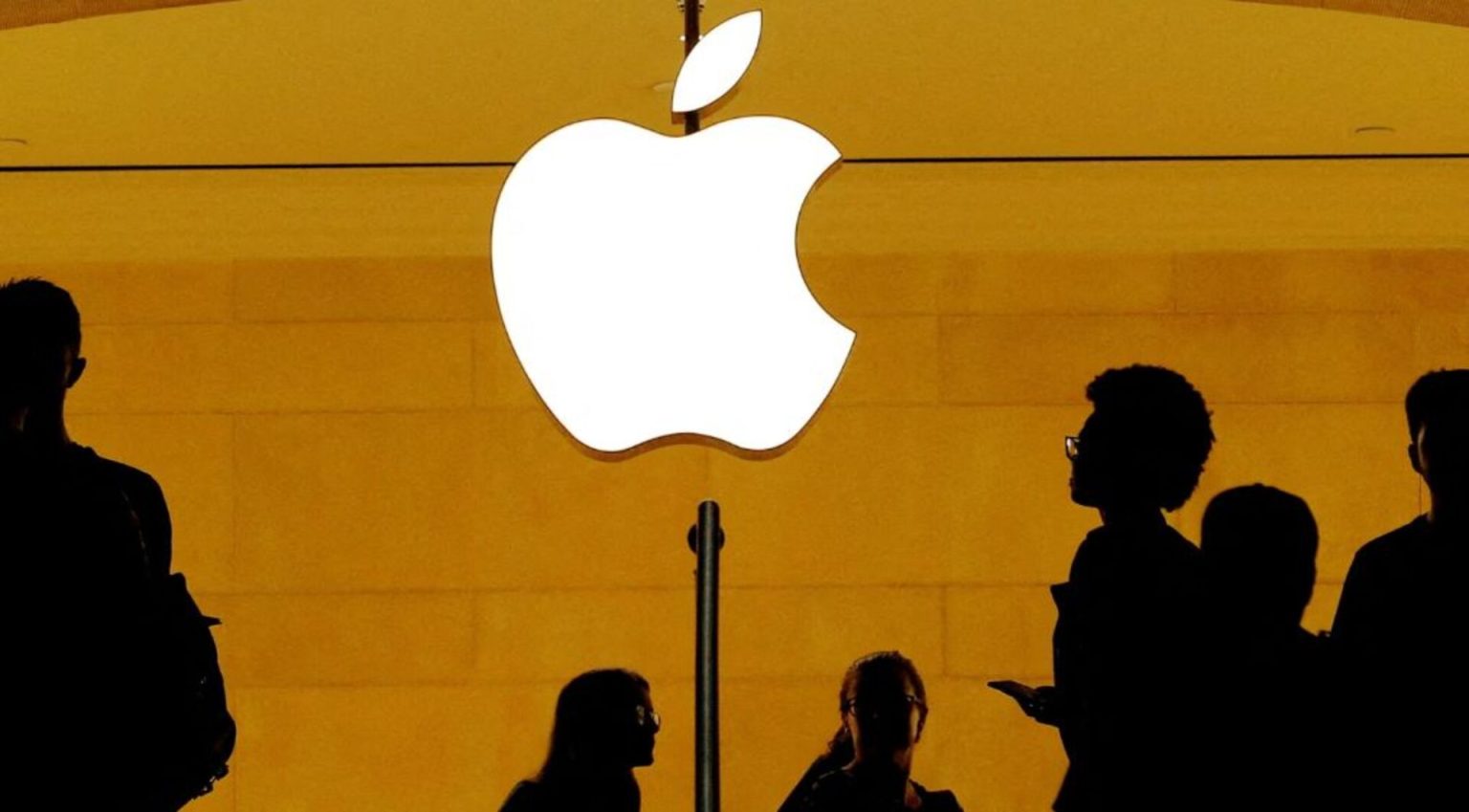The Democratic Republic of Congo (DRC) has initiated legal proceedings against Apple, alleging the tech giant’s complicity in the illegal sourcing of minerals used in its products, including the ubiquitous iPhone. This lawsuit, brought forth by the Congolese government, represented by international lawyer Robert Amsterdam, centers on the accusation that Apple knowingly benefitted from the illicit mineral trade originating in the DRC, contributing to human rights abuses and environmental degradation in the conflict-ridden region. The DRC argues that Apple’s pursuit of profit has fueled the demand for these minerals, incentivizing illegal mining operations and perpetuating the cycle of violence and exploitation in the country. The lawsuit seeks financial compensation for the damages inflicted upon the Congolese people and environment, as well as injunctive relief to compel Apple to implement stricter sourcing practices. Apple vehemently denies the allegations, maintaining that it adheres to rigorous due diligence protocols and is committed to responsible sourcing of its materials.
At the heart of this legal battle lies the complex issue of conflict minerals, specifically tin, tantalum, tungsten, and gold, often referred to as 3TG. These minerals, essential components in electronic devices like smartphones and laptops, are abundant in the eastern DRC. However, the region has been plagued by decades of armed conflict, with various armed groups vying for control of these lucrative resources. Illegal mining operations, often characterized by forced labor, human rights abuses, and environmental devastation, have become rampant, funding these armed groups and perpetuating the cycle of violence. The DRC’s lawsuit contends that Apple, despite its claims of responsible sourcing, has failed to adequately address the risks associated with sourcing minerals from this conflict zone, indirectly benefiting from the illicit trade and contributing to the suffering of the Congolese people.
Alain Uaykani, a seasoned journalist with extensive experience covering the conflict in the DRC, provides crucial context to the lawsuit. Uaykani’s years of reporting have exposed the brutal realities on the ground, highlighting the connection between the demand for minerals like 3TG and the ongoing conflict. He details the precarious and often inhumane conditions faced by miners, including forced labor, extortion, and violence. Uaykani further emphasizes the intricate network of intermediaries and traders that facilitate the flow of these minerals from the mines in the DRC to global markets, often obscuring the origins of the materials and making it difficult for companies like Apple to trace the source of their components.
Gregory Mthembu-Salter, a consultant specializing in natural resource governance and former member of the UN Group of Experts on the DRC, offers an expert analysis of the challenges associated with responsible mineral sourcing in conflict-affected regions. He explains the complexities of implementing due diligence frameworks and the limitations of existing certification schemes. Mthembu-Salter underscores the need for greater transparency and traceability throughout the supply chain, arguing that companies must go beyond simply relying on audits and certifications and actively engage with local communities and stakeholders to ensure that their sourcing practices do not contribute to conflict or human rights abuses. He points out that while companies like Apple have made efforts to improve their sourcing practices, more comprehensive and robust mechanisms are needed to effectively address the root causes of the problem.
The legal battle between the DRC and Apple represents a significant development in the ongoing struggle to hold multinational corporations accountable for their role in perpetuating conflict and human rights abuses through their supply chains. The lawsuit raises critical questions about the effectiveness of current due diligence practices and the responsibility of companies to ensure that their products are not tainted by conflict minerals. While Apple maintains its innocence, the DRC’s legal action underscores the growing pressure on companies to implement more stringent sourcing practices and to take proactive steps to address the human and environmental costs associated with the extraction of valuable resources in conflict-affected regions. The outcome of this lawsuit could have far-reaching implications for the electronics industry and beyond, potentially setting a precedent for future legal actions against companies implicated in the trade of conflict minerals.
The case also highlights the limitations of voluntary initiatives and self-regulation in addressing complex human rights challenges within global supply chains. The DRC’s decision to pursue legal action against Apple reflects a growing frustration with the slow pace of progress and the perceived inadequacy of existing mechanisms to hold companies accountable. The lawsuit emphasizes the need for more robust regulatory frameworks and international cooperation to ensure that corporate activities, particularly in conflict-affected regions, do not contribute to human rights abuses or environmental degradation. It also underscores the importance of empowering local communities and civil society organizations to play a more active role in monitoring corporate activities and advocating for greater transparency and accountability. The case against Apple represents a crucial step towards establishing a more just and equitable global economic system that prioritizes human rights and environmental protection over corporate profits.

